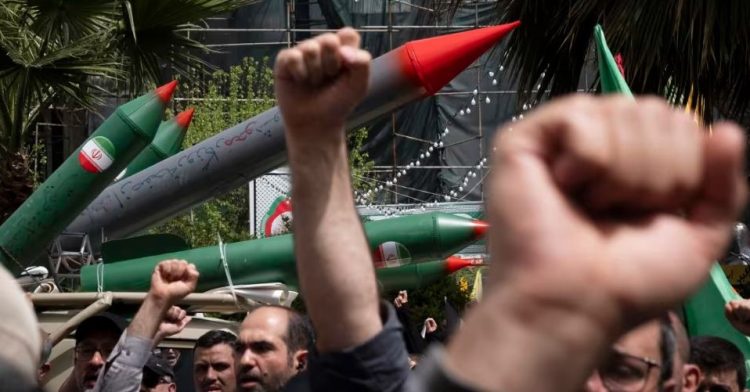Accusations Fly in Ukraine and Russia
Russia and Ukraine are accusing each other of violating a tentative U.S.-brokered deal to pause strikes on energy infrastructure, highlighting the difficulties in negotiating an end to the three-year war. These accusations were exchanged during the Antalya Diplomacy Forum in Turkey, shortly after U.S. envoy Steve Witkoff left Moscow following discussions with Russian President Vladimir Putin about peace prospects.
The ceasefire agreement, intended to last 30 days, has been marred by conflicting statements from both sides regarding its start time and alleged breaches. Russia claims Ukraine has attacked daily, providing intelligence to the U.S. about over 60 violations. Ukrainian officials counter that Russia has launched nearly 70 missiles, over 2,200 drones, and 6,000 bombs since agreeing to the pause, targeting civilians.
While Ukraine supports a broader U.S. ceasefire proposal, Russia has blocked it by imposing conditions such as suspending aid to Kyiv and lifting restrictions on Russian shipping. Meanwhile, U.S. President Donald Trump has urged Russia to accelerate efforts to end the war, calling it “terrible and senseless”.
Russia and Ukraine accuse each other of failing to pause strikes after US envoy leaves Moscow https://t.co/pcXrtgQJjx
— POLITICO (@politico) April 12, 2025
Anduril Fires Solid Rocket Motor
Anduril Industries has achieved a significant milestone in hypersonic propulsion with the successful testing and production scaling of its 21-inch hypersonic solid rocket motor (SRM) for the U.S. Navy’s Standard Missile-6 (SM-6) program. This advancement enhances the Navy’s multi-mission capabilities for anti-air warfare, ballistic missile defense, and anti-ship strikes.
Development and Testing
- Successful Live-Fire Tests: Anduril conducted two live-fire tests of the 21-inch SRM in collaboration with the U.S. Navy, validating its performance and production readiness. These tests marked the largest and most complex SRM developed by the company to date.
- Rapid Design Iteration: The company employed an agile, iterative development process to accelerate prototyping and transition to full-scale production.
Manufacturing Innovations
- Single-Piece Flow Production: Anduril invested over $75 million to upgrade its Mississippi facility, adopting a single-piece flow model. This method processes one motor at a time through parallel production stages, reducing idle time and improving quality while cutting costs.
- Automation and Analytics: Advanced automation and real-time data analytics optimize manufacturing efficiency, enabling scalable output to meet growing demand.
Strategic Importance
- Integration with SM-6: The hypersonic SRM will enhance the SM-6’s ability to counter advanced threats, including hypersonic missiles, and is deployable across 60 U.S. Navy surface ships.
- Industrial Base Expansion: Anduril’s approach addresses critical gaps in U.S. solid rocket motor production, bolstering domestic defense manufacturing capacity.
Future Outlook
Anduril aims to begin mass production by July 2025, with the upgraded Mississippi facility playing a central role. While specifics on the motor’s speed and range remain classified, the company emphasizes its commitment to delivering cost-effective, high-performance propulsion systems to maintain U.S. military superiority.
Yesterday, we successfully hot fired our Triton liquid rocket engine for the second time!
Still combing through the data, but looks like we produced an average of 900 lbs of thrust.Congrats to our entire ERPL team – so proud of the incredible work done to make this test happen! pic.twitter.com/DbH8xqfLcP
— Aiden McCollum (@a_j_mccollum) April 12, 2025










COMMENTS